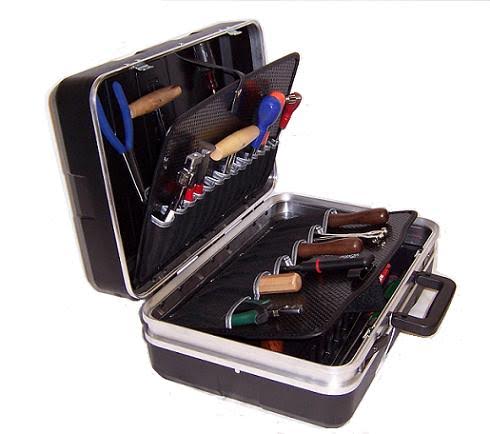Have you ever wondered what a typical day looks like for a piano tuner-technician? Let’s find out.
While I usually refer to myself simply as a ‘piano tuner’ (the term is more recognisable to the public), tuning pianos is only a fraction of my daily workload. While I’ve technically been piano tuning professionally for four years, the first two years were not particularly fruitful as I’d yet built up my client base, and therefore had to rely on part-time work (mainly around Leeds, Bradford and Sheffield). It was only the middle of 2016 that I began to earn a living as a piano tuner, but even then I had slow weeks and the summer months slowed significantly when customers were on holiday. As of October 2018, I currently tune 2 – 3 pianos per day, averaging about 10 – 15 jobs a week (I hope to get this number up to at least 20 tunings a week in two years), with most sessions involving minor regulation and the occasional repair job thrown in as well. Once I’ve finished tuning the piano I find myself performing one of the followings tasks to get the piano as close as possible to concert standard (both in pitch and regulation):
- Re-pinning loose hammer and whippen flanges.
- Regulating the capstan screws to increase or decrease lost motion as the need may be.
- Lubricating and compressing the balance and front rail bushings (usually with teflon powder) to free up sticking keys. Alternatively, if the keys are loose and clicky I will replace the bushings with a slightly thicker felt.
- Regulating the dampers: replacing hardened felts, re-allinging the damper blocks, replacing broken damper springs, adjusting the damper wire, and adjusting the damper spoons if the customer desires a lighter or heavier touch.
- Adjusting let-off/escapement i.e. the distance the hammer is released before it hits the string – generally around 3.1 mm – to allow for a more even touch across the keyboard).
- Levelling the back checks so that the hammers fall back evenly to their proper resting position.
- Replacing the bridle tapes (on very old pianos) so that the hammers fall back and stay in their proper resting position.
- Tightening or replacing wrest pins (on very old pianos) so that they actually stay in tune!
- Replacing hammer butt buckskin or catcher buckskin (a common cause of clicking sounds is worn or missing buckskins).
- Regulating the keydip to allow for sufficient aftertouch.
- Replacing broken or discoloured key-tops.
(Important note: please do not undertake these jobs on your own piano! I charge just £25 an hour for regulation and repair work – that’s cheaper than a round of drinks in most places.)
There are many more regulation/repair tasks involved in a typical days work, but these are some of the most common. Probably the most difficult job I find myself faced with is replacing piano strings. I have about one string replacement per month and it generally takes me about twenty to thirty minutes to replace a string. Someone in a piano workshop who replaces strings every day could do this job a lot more quickly, but most piano tuners have to take their time with this particular job as it requires a lot of concentration. Upright pianos are considerably easier to re-string than grand pianos – probably because you have gravity on your side.
If I have a day without many bookings I try and use the spare time to do whatever I can to push my business forward. Last week I had a day when I only had one booking at 9 AM, but spent the rest of the day driving around Sheffield and north Leeds putting cards on advertisement boards and in newsagents, then updated my books in the evenings, sent texts/emails to clients and, of course, updated my blog so that fellow piano enthusiasts would have something new to read. I also find myself undertaking a fair amount of self-study in the evenings – when it comes to pianos, you can never know enough. If you’re thinking about a career in piano tuning because it seems like a relatively low-stress profession, I would bear this in mind – there is a lot of hard work involved outside of tuning pianos. You can never waste a day. Even though it pays well (at times), I also find myself with a lot of expenses re petrol and new piano tuning/regulating tools. That said, it’s a job I love and get a lot of satisfaction from, so I wouldn’t want to discourage anyone from becoming a full time piano technician.
Just be prepared!
– Richard Lidster, Leeds Piano Tuner.
